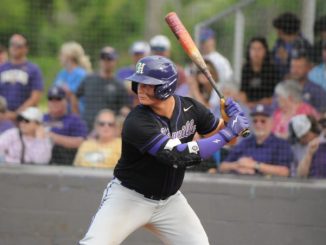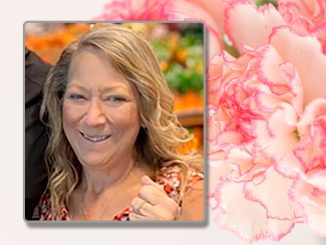
Several customers have funds stolen
Customers of First National Bank USA were victimized by a debit card fraud scheme that tricked them into giving an automated calling service their account information.
The automated calls went out to residents across the parish and did not target only those that banked with First National Bank USA. In the event that the service reached a bank customer, it told them that their debit cards had been cancelled. To reinstate their cards, the automated service asked the customer to punch in their card number and PIN.
Because of the scam, which began over the Fourth of July weekend, First National Bank USA has blocked ATM withdrawals from all customers until the threat has passed.
The reason the bank did so is because the thieves were able to make new cards using the stolen card and PIN numbers, according to Ann Minnich, a bank officer with First National Bank USA.
The cards were then used in other areas, such as California.
“All of our customers have been very understanding of our decision to block ATM withdrawals and we have had only a few complaints,” Minnich said.
Customers can still use their cards for purchases.
The bank would not release the exact number of customers affected or the amount of money stolen. However, the bank only allows a maximum amount of $300 to be withdrawn every 24 hours through an ATM.
First National Bank USA security manager Kevin Robert said that he has contacted state and federal agencies about the scam.
“This scam is pretty sophisticated, but it’s not the first time this has happened to banks and it won’t be the last time,” he said “Blocking ATM withdrawals should isolate it.”
St. Charles Parish Sheriff Greg Champagne said that the automated calls are originating via web-based systems and are virtually impossible to trace quickly. He said the calls target a specific geographic area and randomly dial numbers in various exchanges, such as 785 and 764.
The numbers that show up on a person’s caller ID are fictitious.
“Since each exchange only has 10,000 possible phone numbers, they are reaching your number,” Champagne said.
Champagne said that the calls are likely coming from another state or country.
“Banks that have become aware have notified federal authorities and I assume they are investigating,” he said. “I have verified that several residents have been victimized by punching in their debit number and I’m sure there are more.”
Those residents that have received calls and entered their debit number should contact their bank. Champagne said that if they received a call but didn’t enter their number, there is no need to call.
“There is also no need to notify my office since virtually everyone that I have talked to has received one or more of these auto calls…including me,” he said.
Champagne said there is never a need to give an account number to anyone who contacts you first. If you have doubts, he said, verify your bank’s number from an independent source and then call your banking officer.




Be the first to comment